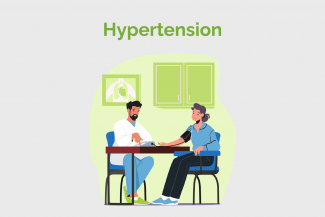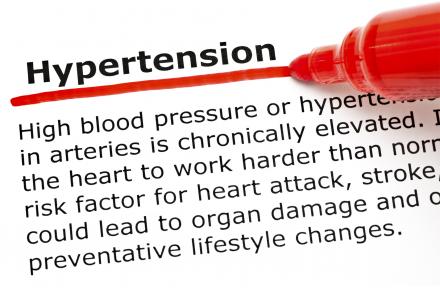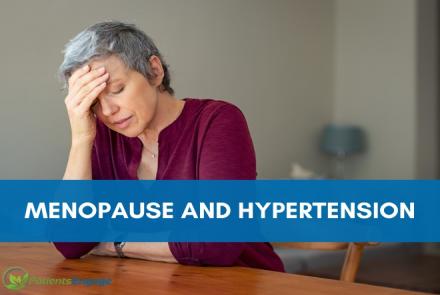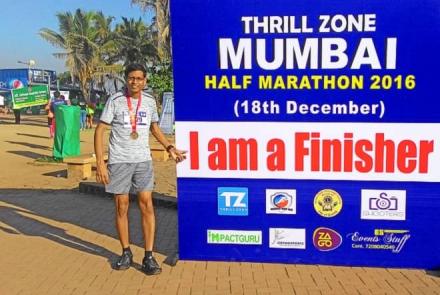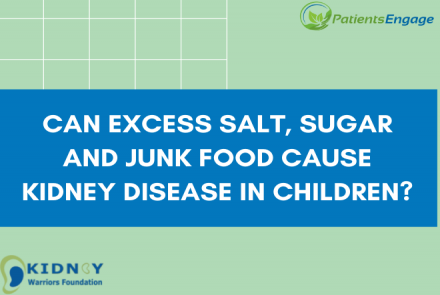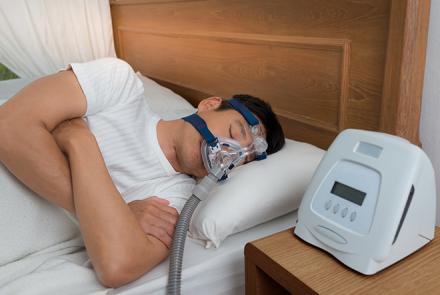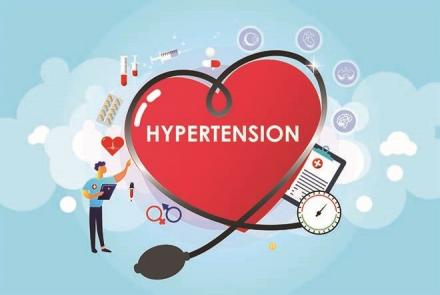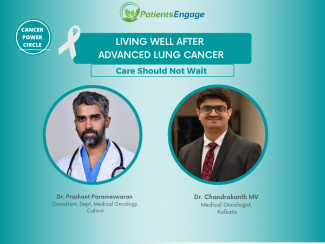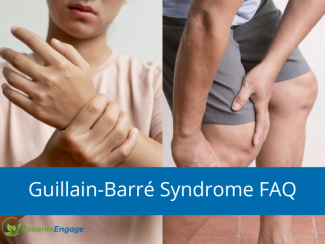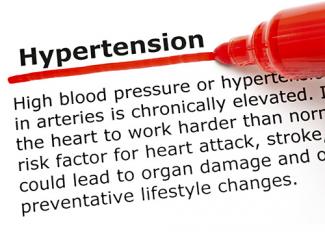
Many drugs are available for the treatment of high blood pressure. Your doctor may recommend some of the following medications for treating hypertension:
Diuretics – These are called ‘water pills’ as they work on the kidney and flush excess water and sodium from the body.
Beta-blockers – These reduce nerve impulses to the heart and blood vessels. This makes the heart beat slower and with less force.
Angiotensin converting enzyme (ACE) inhibitors – These prevent the formation of a hormone called angeotensin II, which normally causes blood vessels to narrow.
Angiotensin antagonists – This shields blood vessels from angiotensin II thereby making vessels wider and reducing the blood pressure.
Calcium channel blockers (CCBs) – This prevents calcium from entering into the heart muscle and blood vessel.
Alpha –blockers – This reduces the nerve impulses to blood vessels.
Alpha – beta blockers – This slows the heartbeat so that less blood is pumped through the vessel which, in turn, lowers the blood pressure.
Nervous system inhibitors – This relaxes blood vessels by controlling the nerve impulses.
Vasodialators – This directly opens the blood vessels by relaxing the muscle in the vessel walls.
Drugs such as angiotensin converting enzyme (ACE) inhibitors, calcium channel blockers (CCBs), angiotensin receptor blockers (ARBs), beta-blockers and diuretics are all considered acceptable therapies in patients with hypertension. Your doctor will recommend the therapy that suits your condition and works best for you.

